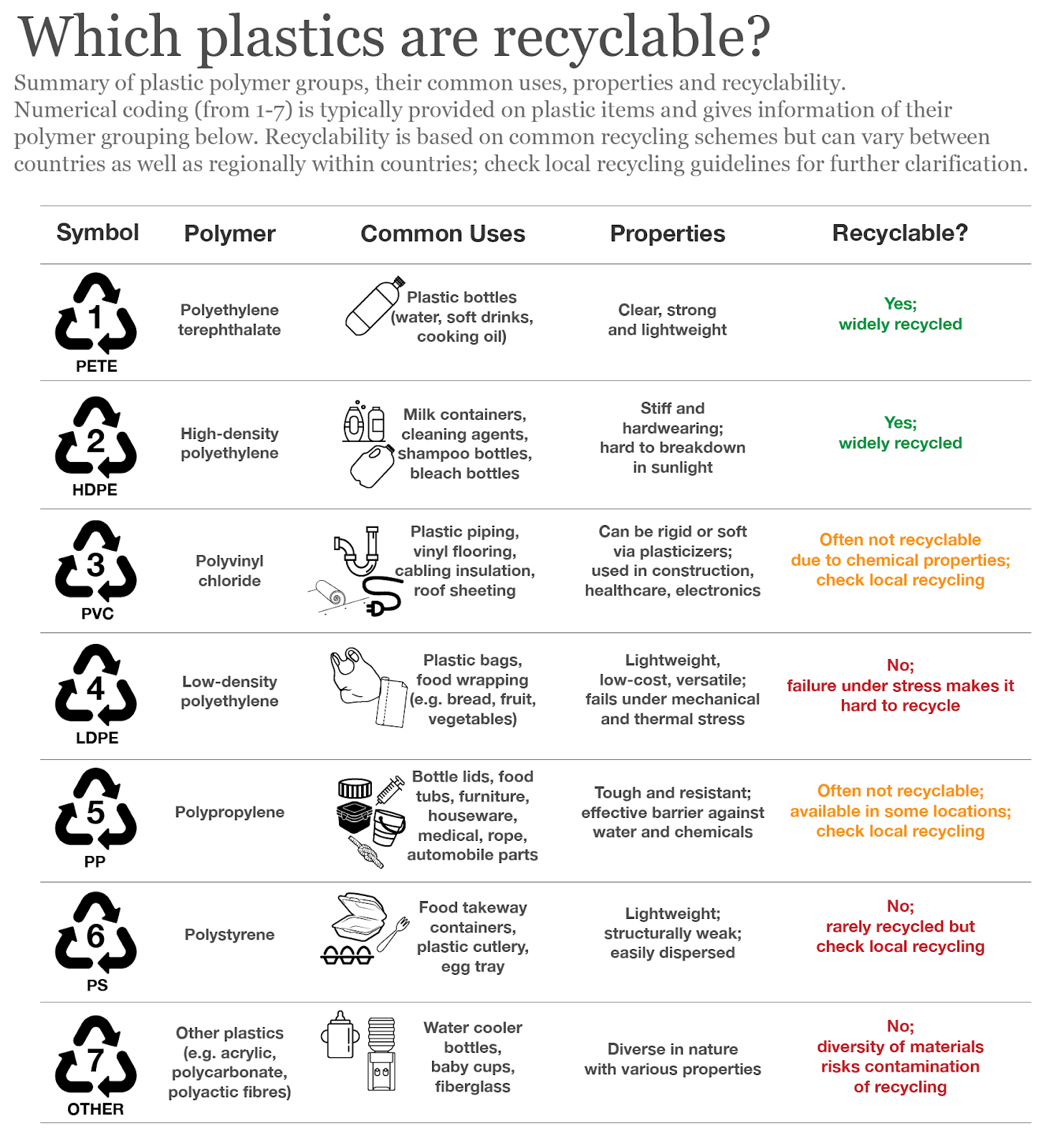Plasticiser Degradation Using Bacterial Enzymes | 14 Jan 2025
IIT Roorkee has successfully used the esterase enzyme, produced by the soil bacterium Sulfobacillus acidophilus, to break down the plasticizer Diethyl Hexyl Phthalate (DEHP).
- This advancement addresses the growing environmental and health concerns posed by plasticisers.
Note: Plasticisers (chemicals added to plastics and personal care products to improve flexibility and shine) like DEHP, found in baby toys, food containers, etc are harmful pollutants.
- Plasticisers are additives used to make rigid plastics like PVC (polyvinyl chloride) more flexible and softer by reducing intermolecular forces within the polymer chains. This is particularly relevant to plastic products requiring durability and flexibility, such as cables, hoses, and films.
- They are carcinogens, posing health risks through skin absorption or ingestion. As persistent organic pollutants, they contaminate water and soil, harming ecosystems and aquatic life.
How Do Bacterial Enzymes Work in Degrading Plasticisers?
- Mechanism of Action: The esterase enzyme breaks down DEHP plasticizer into two products- modified phthalate (affect biological system) and alcohol compound (impact the environment).
- These are further broken down by other enzymes into harmless substances like Water and Carbon Dioxide.
- Structural Insights: X-ray crystallography (technique that uses X-rays to determine the atomic and molecular structure of a crystal) identified active sites on the esterase enzyme, elucidating the mechanism by which DEHP is targeted and broken down.
- Sustainability: The integration of these enzymes into bacteria ensures prolonged activity and continuous degradation without requiring frequent enzyme replacement.
- Efficiency: Lab experiments show significant efficiency in degrading high molecular weight plasticisers, providing an edge over previously reported methods.
What is Plastic?
- About: Plastic is a lightweight, durable, and hygienic material that is easy to mold into various forms and is cost-effective to produce.
- Most plastics do not decompose naturally. Instead, they slowly break down into smaller pieces called microplastics.
- Status of Plastic Production: In 2023, the world produced 413.8 million metric tons (mt) of plastic. This is a sharp increase from 1950, when the world produced only two million tons.
- India leads the world in generating plastic waste, producing 10.2 million tonnes a year.
- Types of Plastics:
- Biodegradable Plastic: This type of plastic degrades through biological or microbial processes and are derived from fossil fuels or renewable sources but are designed to break down more quickly under specific conditions.
- Not all plastics are biodegradable, and some conventional plastics persist in the environment for long periods.
- Bioplastics: These are both biodegradable and bio-based, made from natural materials like corn, etc.
- Compostable Plastic: These plastics are a subset of biodegradable plastics, made from renewable materials such as corn, starch, etc. They are non-toxic and decompose naturally into carbon dioxide, water, and biomass through composting.
- Biodegradable Plastic: This type of plastic degrades through biological or microbial processes and are derived from fossil fuels or renewable sources but are designed to break down more quickly under specific conditions.
UPSC Civil Services Examination, Previous Year Questions (PYQs)
Prelims
Q.1 In India, ‘extend producer responsibility’ was introduced as an important feature in which of the following? (2019)
(a) The Bio-medical Waste (Management and Handling) Rules, 1998
(b) The Recycled Plastic (Manufacturing and Usage) Rules, 1999
(c) The e-Waste (Management and Handling) Rules, 2011
(d) The Food Safety and Standard Regulations, 2011
Ans: (c)
Q2. Why is there a great concern about the ‘microbeads’ that are released into environment? (2019)
(a) They are considered harmful to marine ecosystems.
(b) They are considered to cause skin cancer in children.
(c) They are small enough to be absorbed by crop plants in irrigated fields.
(d) They are often found to be used as food adulterants.
Ans: (a)

